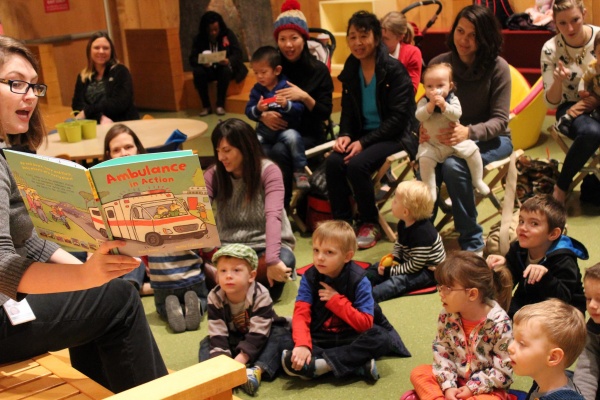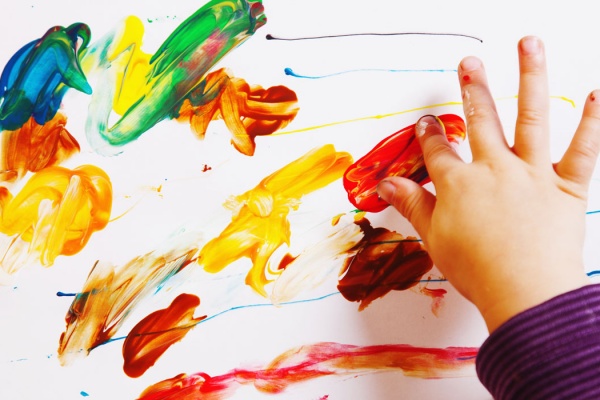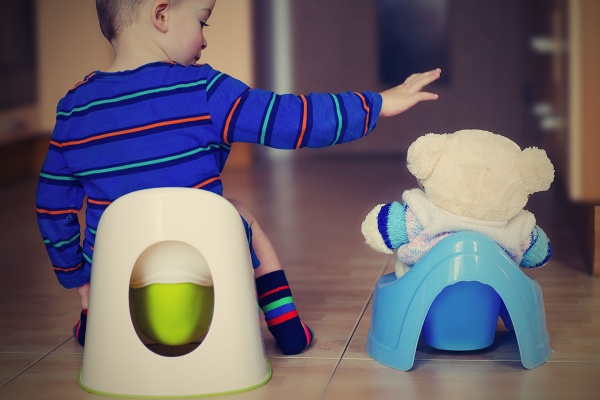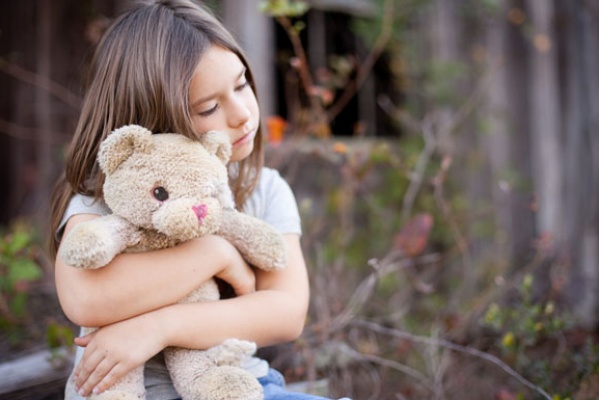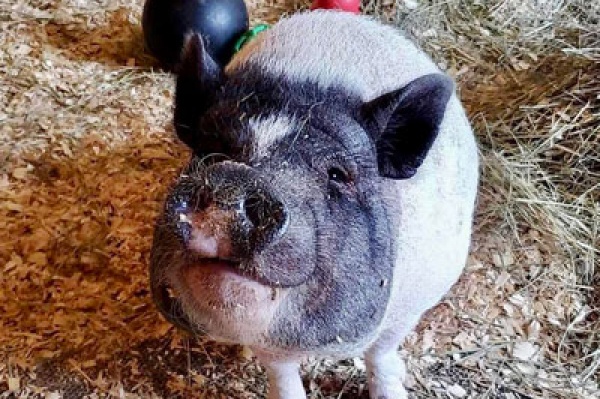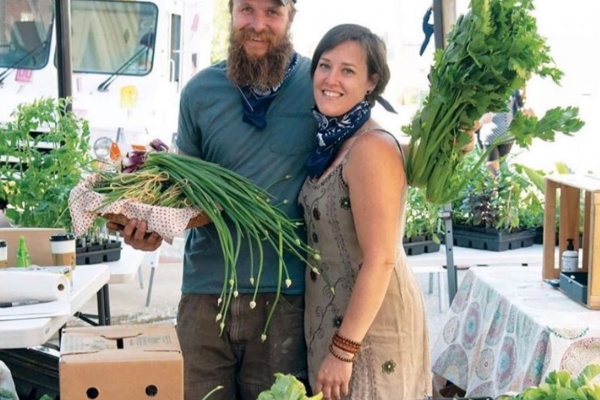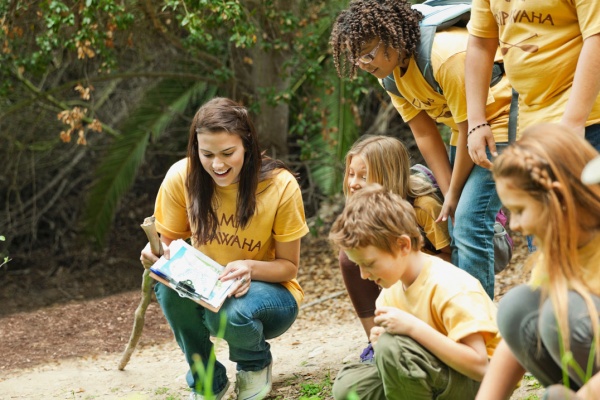

6 Simple Ways to Keep Your Kids (and Yourself) More Organized
For many parents, keeping your home and your children organized can feel like a full-time job. Laundry piles up, toys take over living room dirty socks peer out from beneath the couch and – if your house is anything like mine – backpacks, homework and those never ending permission slips make it almost impossible to eat dinner at what was once your kitchen table.
Clutter and chaos may seem inevitable when you’re raising kids, but keep in mind that there are ways to keep all of that clutter and chaos in check. Instead of feeling overwhelmed, focus on the small, simple changes you can make to help your family, and especially your kids, live a more organized life.
1. Everything Needs a ‘Home’
“The key to good organization is that everything needs a “home,” says Jodi Granok, a professional organizer and owner of Organizing Magic, a local company that helps families and students get their homes and lives organized. Granok recommends that families group and store like items together, labeling each container so that items always find their way “home” after being used. This strategy is particularly helpful in children’s bedrooms, where messes can quickly spiral out of control.
“If children are too young to read labels, draw, cut out, or take a photo of the container’s contents and create a visual label,” she suggests. Granok also advises parents to be creative and think outside the proverbial toy box when it comes to assigning storage areas in children’s rooms. Examples include:
- Hanging stuffed animals in a hammock from the ceiling.
- Storing small toys in the pockets of a plastic shoe bag hung on the back of a door. (I’ve also seen this done with study supplies for older children).
- Stretching a clothesline across one wall and using clothespins to string up art or school work.
Though it may seem counterintuitive, Granok advises parents to avoid toy boxes at all costs. “A better idea,” she says, “is to repurpose an old toy box to store extra bedding or off-season clothing. Without a specific purpose, most toy boxes become a dumping ground for broken, lost or damaged items.”
2. Get in the Zone
A large part of keeping kids organized is setting them up for success. One way to do this is to store frequently used items on lower shelves so that your child can maintain organization with minimal assistance from you.
Another way to help your child stay organized is to establish “zones” – like a study zone, dressing area and play area – in his or her bedroom. Not sure what this means exactly? Granok says think back to what your kindergarten classroom looked like.
“There is a specific place in that classroom to do art projects. In that place you find the buckets of crayons, the easels, the boxes of watercolor paints, etc. There is a separate area in the room for reading, where you find the bookshelves, the bean bag chairs and pillows. The more you are able to designate specific activity areas in the room, the easier it is to keep that room more functional and organized.”
The rest of the house – and the family – can benefit from the idea of creating zones too. For example, I’m working to establish a “homework zone” in the hopes that having a designated space for backpacks, homework supplies and school papers will keep these items off my kitchen table once and for all.
3. Follow the ‘One In, One Out’ Rule
Families – and kids in particular – accumulate “stuff” at an alarming rate. Much of it is never used or played with, and according to research from UCLA’s Center on Everyday lives of Families, the management of all these possessions has actually been shown to elevate stress hormones in mothers.
Clearly, we need to get rid of some things.
Granok advises families to not outgrow your space. “If you have designated one shelf for movies and now that shelf is full, if you want to buy a new movie, first an old movie needs to be given away, sold or donated to make room for a new purchase.”
Her ‘one in, one out’ rule is excellent for preventing an excess of any one item (and if you’re worried about getting rid of your child’s play things, check out this interesting post on Why Fewer Toys Will Benefit Your Kids).
4. Don’t Forget about School
While every preschool parent knows the pain of stepping on a misplaced Lego, parents of older kids know that keeping toys organized is, well, child’s play compared to helping tweens and teens stay organized for school. Granok believes that a planner is a key organizational tool, reminding parents that “it is only as good as a student makes it.” But it is her idea of a weekend “pitch” party – for both students and parents – that is my favorite suggestion.
“Every Friday,” she says, “grab any loose items in your locker, pitching the trash and bringing home the rest, putting items where they belong. Every weekend, empty out your backpack and/or purse, pitching the trash and putting wayward items where they belong. Parents can join in on the ‘pitch’ party by cleaning out their own workout bags, purses and briefcases.”
5. Snap, the Job’s a Game
Okay, maybe you aren’t Mary Poppins, but you can still turn a daily clean-up effort (which Granok recommends to keep clutter from getting out of hand) into a game. At least once a day, set a timer for 5 minutes or turn on your family’s favorite song, get the whole family to pitch in and then see how many things you can return to their designated “home” before the song ends or the timer goes off.
6. Just Do the Laundry
I’ll admit it, this is one organizational tip that I don’t like to hear. But when asked about her number one piece of advice for families who want to make organization a priority, Granok says to “stay on top of the laundry situation.” Ugh. I don’t like it, but she’s right that “piles of dirty clothes take up space and the procrastination over this necessary chore increases stress levels.”
“In my opinion,” she says, “clothes and laundry piles are the gateway drug to other forms of clutter. When you allow family members to drop laundry and clothing throughout the house, there is an increased chance of other types of piles being acceptable as well, such as coats, shoes, backpacks and homework.”
So, in my house at least, it looks like I have to find a way to convince my kids to stop leaving dirty socks under the couch if I want a fighting chance at a more organized home. Now if anybody knows how to actually get kids to put their dirty socks in a hamper where they belong, I’m all ears.

Alyssa Chirco is a freelance writer, mother and margarita lover, not necessarily in that order. In addition to writing for STL Parent, she is Contributing Editor at Parenting Squad, and covers parenting, health and lifestyle topics for publications across the country. She recently moved from the suburbs of St. Louis to a small town in rural Jefferson County, where she is learning to survive with no Target or Starbucks in sight. Follow her on Twitter @AlyssaChirco









